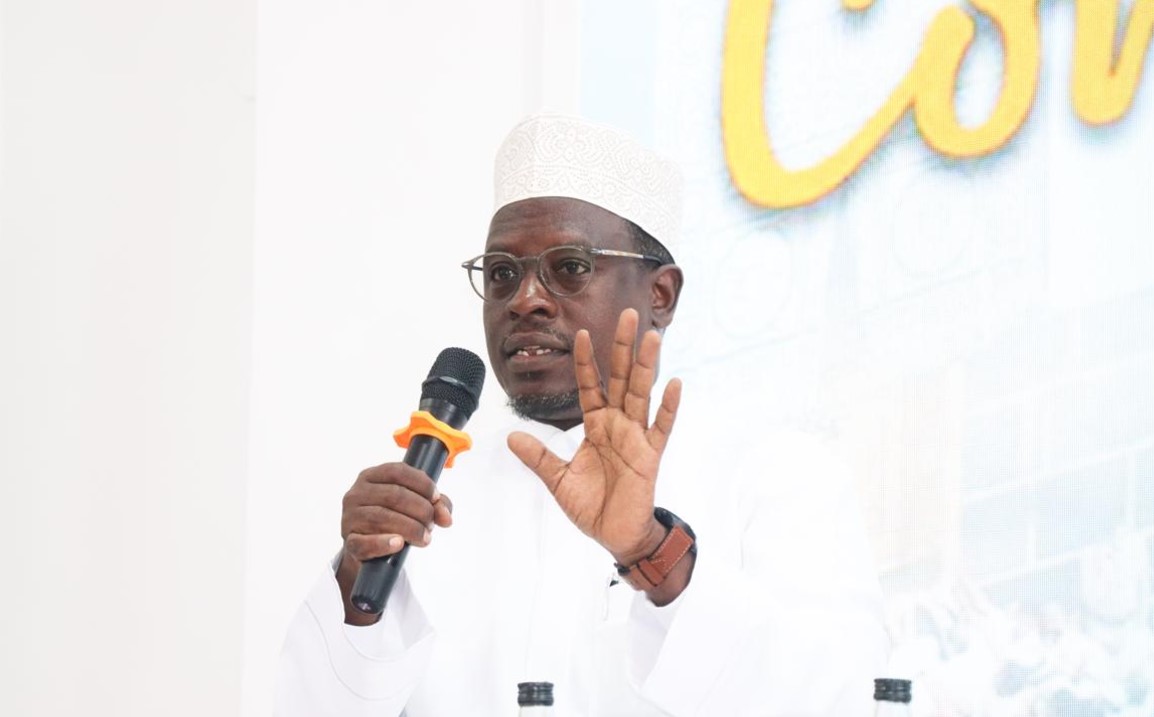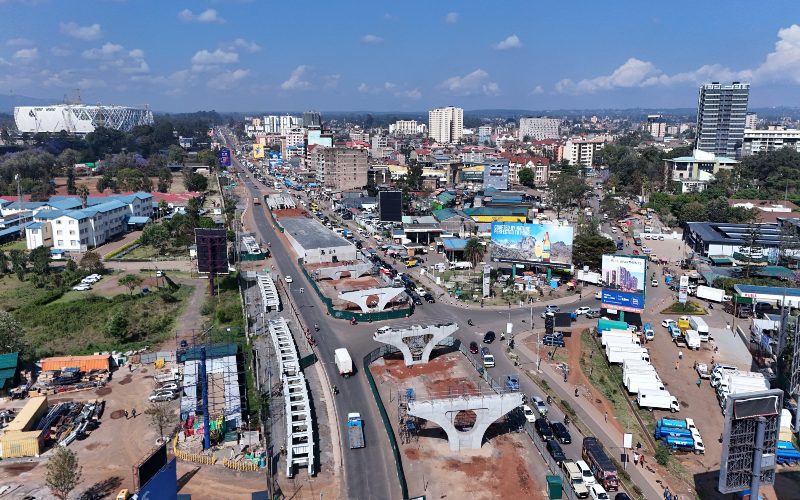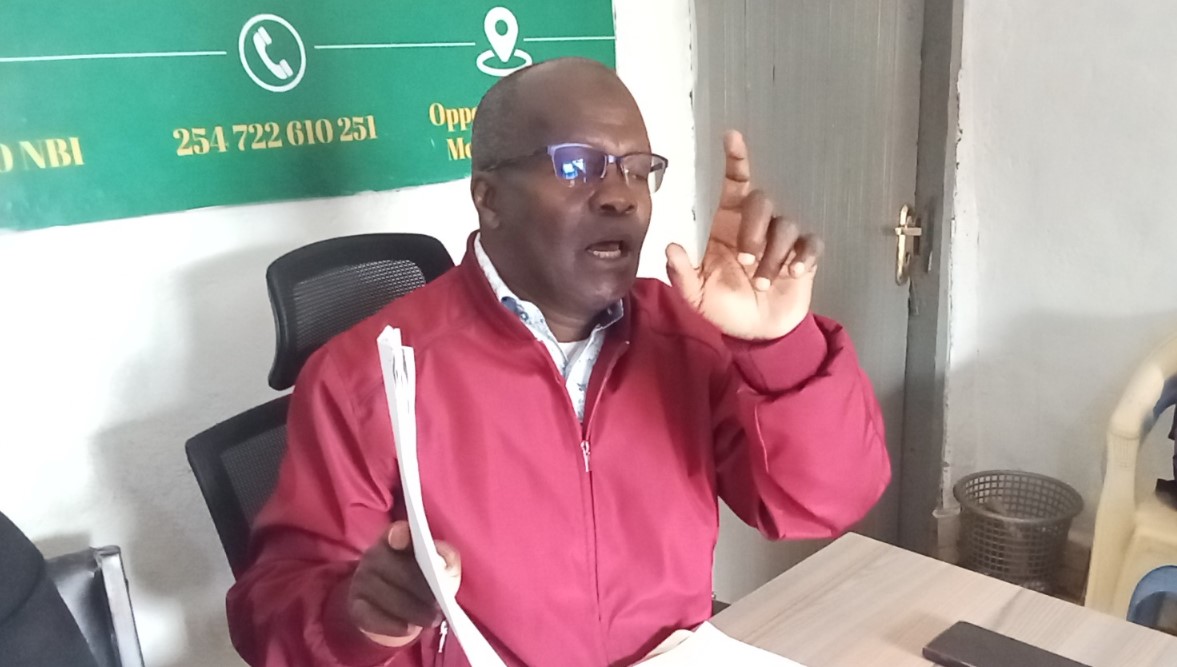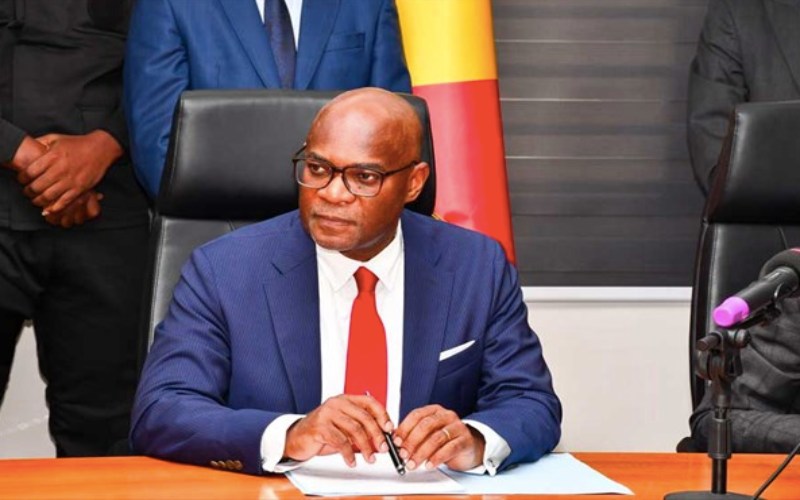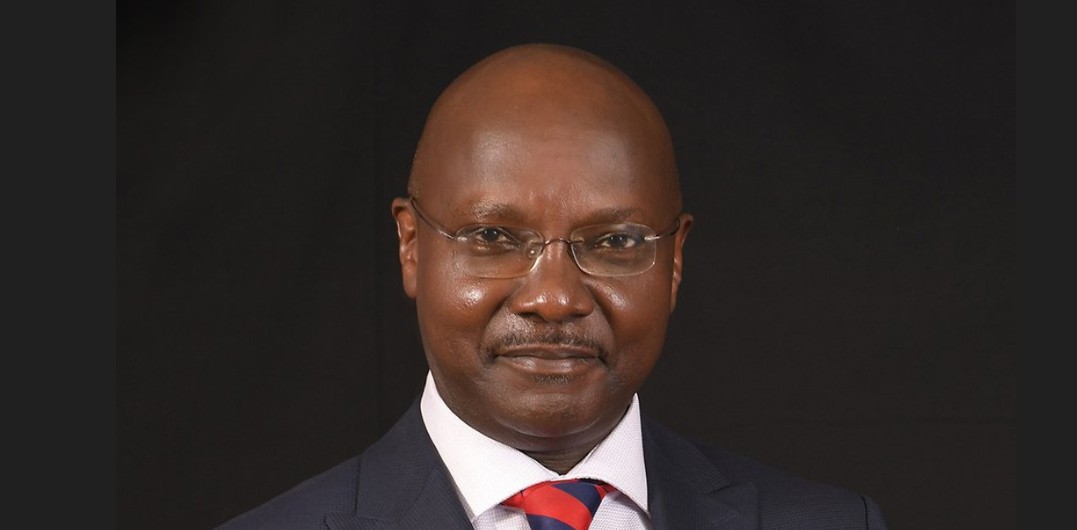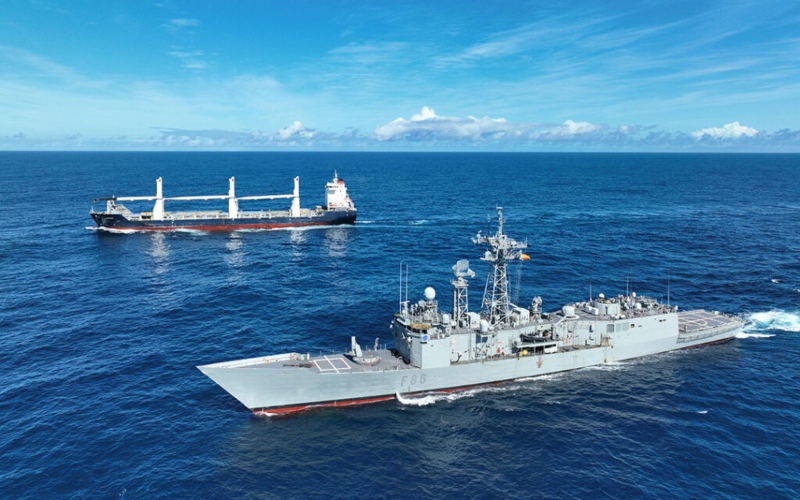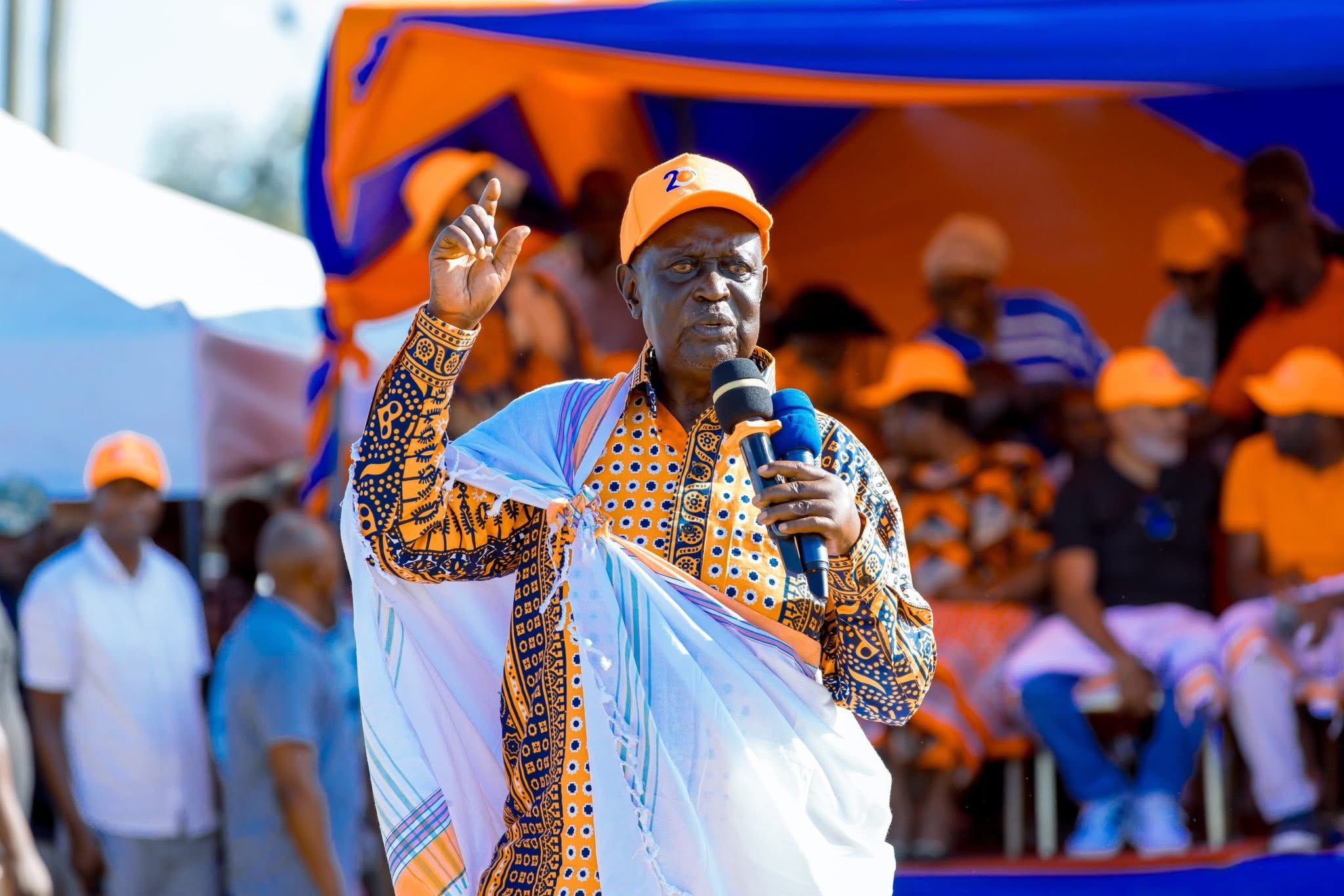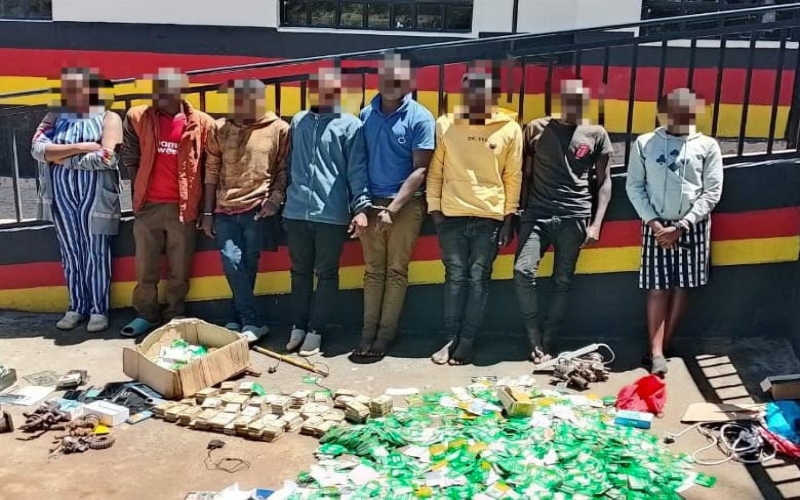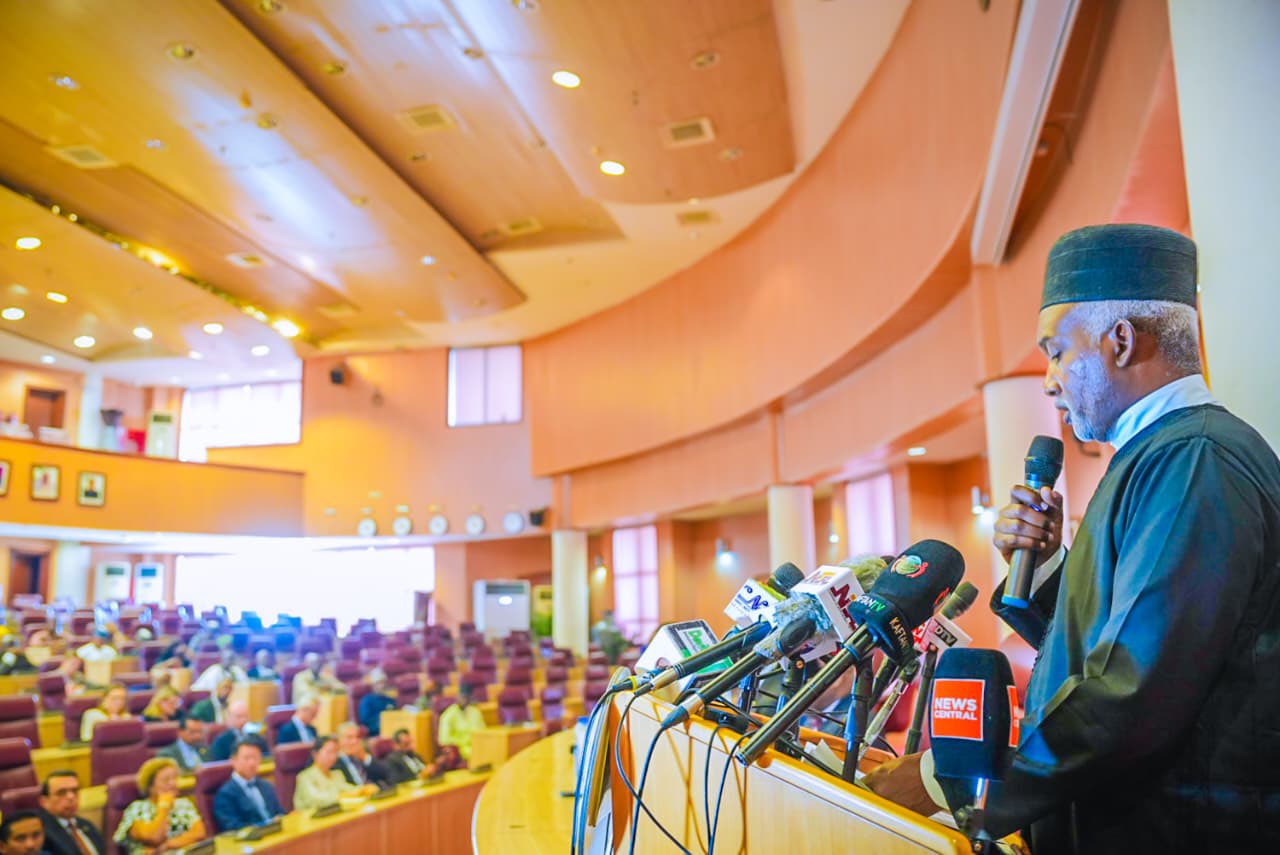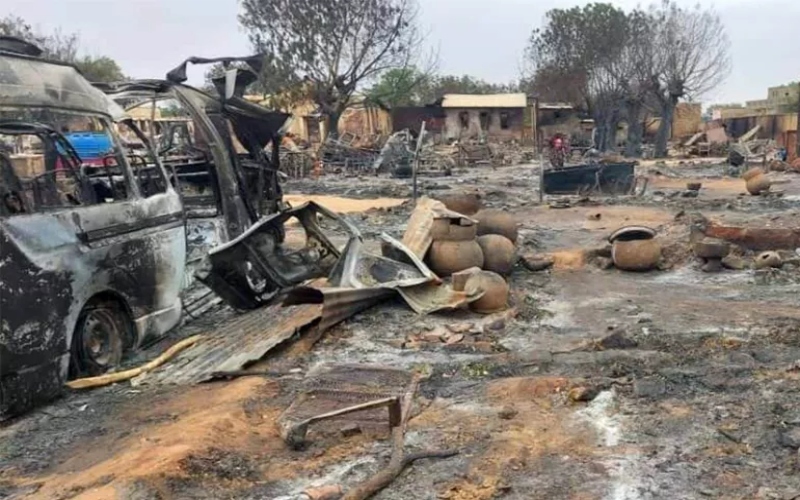G7 leaders condemn external interference in Sudan conflict
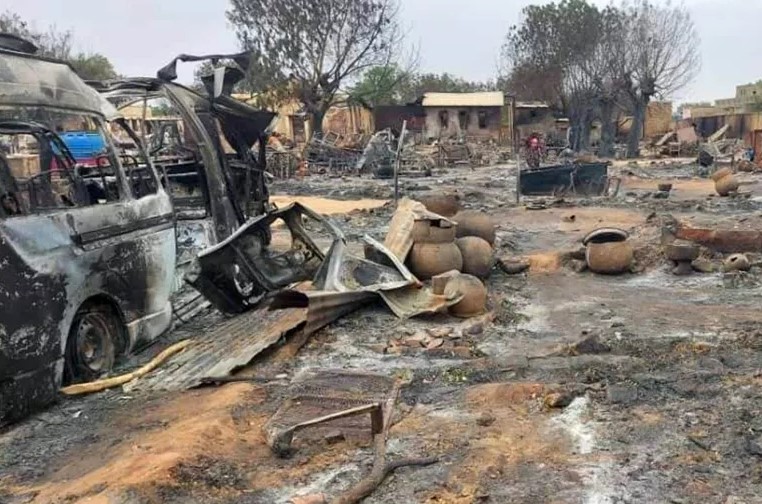
The Rapid Support Forces (RSF), accused of committing war crimes against civilians, have been a focal point of international concern.
World leaders at the Group of Seven (G7) summit have called on external actors to cease fueling the escalating conflict in Sudan.
The Rapid Support Forces (RSF), accused of committing war crimes against civilians, have been a focal point of international concern. Activists claim the United Arab Emirates (UAE) is a principal supporter of the RSF, leading to mounting international pressure on the country.
More To Read
- Fact Check: How fake content about the Sudan war spreads
- Sudan war and political uncertainty block progress on Abyei peace talks
- Sudan’s pain deepens as RSF accused of drone attack that killed 40 at funeral in Kordofan
- RSF claims responsibility for downing Sudanese military plane in West Kordofan
- Sudanese army says to continue fighting despite US truce proposal
- Famine declared in Sudan as war, economic collapse push millions to the brink
The paramilitary group has a notorious history of human rights abuses, notably in Darfur, during the 2003–2006 counterinsurgency campaign that resulted in approximately 300,000 deaths.
In a statement, the G7 expressed deep concern over Sudan’s worsening humanitarian crisis and implored "external actors to refrain from fueling the conflict.” They called for an inclusive national dialogue among Sudanese factions to restore civilian governance and fulfil the democratic aspirations of the Sudanese people.
“We urge external actors to refrain from fueling the conflict, and we encourage all Sudanese actors to engage in a national dialogue inclusive of the composite Sudanese civil society and aimed at re-establishing civilian and representative institutions to meet the democratic aspirations of the Sudanese people,” the statement read.
The G7 also demanded unhindered humanitarian access and the immediate cessation of hostilities across Sudan, emphasising the need for serious negotiations to achieve a lasting ceasefire. The G7 expressed particular concern about the escalation in al-Fashir, North Darfur.
“All parties must allow and facilitate rapid and unimpeded passage of humanitarian relief. We reiterate our call on all parties to immediately cease hostilities throughout the country, to enter into serious, direct negotiations, and to agree and implement an immediate and lasting ceasefire without pre-conditions. We are deeply concerned by the current escalation in El-Fasher in North Darfur,” the leaders said in the statement.
The UAE has consistently denied backing the RSF.
Anwar Gargash, a former UAE State Foreign Minister and current presidential adviser, reiterated on X (formerly Twitter), “The UAE’s position on the events in Sudan is clear and it is supportive of political solutions and it does not tolerate distortion or ignorance of the facts.”
Since the conflict erupted in mid-April 2023 between the Sudanese army and the RSF, over 15,000 lives have been lost, and around 10 million people have been displaced or forced to seek refuge, according to the UN. The violence has driven Sudan into a severe humanitarian crisis.
The G7 emphasised the need for a coordinated international response and applauded the results of the Paris Conference for Sudan, which pledged over EUR 2 billion to support civilians in Sudan and refugees in neighbouring countries.
“The situation is constantly deteriorating with increased civilian casualties. We express particular concern for the risks posed to women and children by both parties to the conflict and the increase in ethnic-based violence, which must cease immediately. This is further undermining the fragile humanitarian situation and creating further displacement risks,” the G7 statement added.
Top Stories Today
